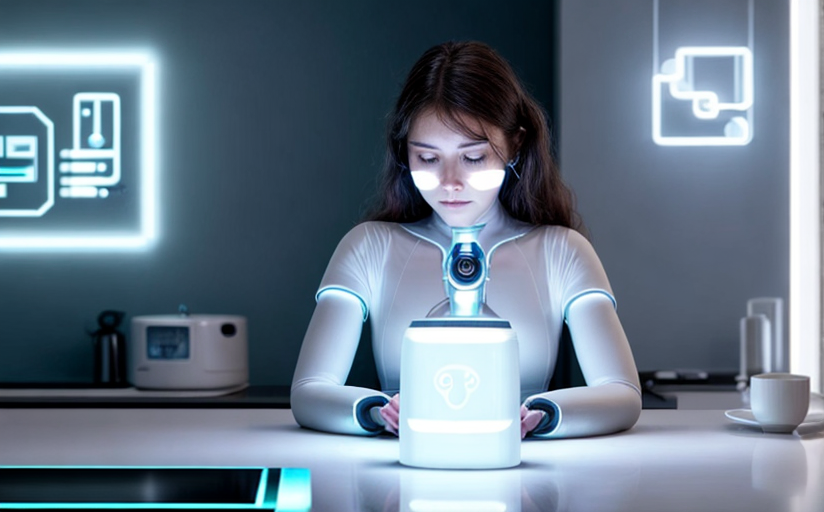Artificial Intelligence: Current Impact and Future Implications
It is undeniable that artificial intelligence (AI) plays a significant role in shaping our day-to-day experiences. From self-checkout tills to voice-activated virtual assistants, AI has seamlessly integrated itself into our routine activities, transforming various sectors like healthcare, education, transportation, and business. This article seeks to elucidate the current implications of AI and forecast its potential impacts on everyday life.
The Power of AI in Everyday Activities
The prevalence of AI in our everyday lives isn't always obvious, but it undeniably affects many of our routine activities. From up-to-date traffic suggestions provided by Google Maps to personalized recommendations on Netflix, AI technology is steadily transforming the way we live, work, and entertain.
Integration of AI in Various Sectors
Healthcare
In healthcare, AI technology is improving the quality and accessibility of medical services. AI algorithms help doctors analyze scans - improving diagnostic accuracy and allowing earlier intervention for conditions such as cancer, heart diseases, and more. Telemedicine platforms powered by AI offer patients medical consultations in the comfort of their homes, democratizing healthcare.
Education
In the education sector, AI enhances learning experiences by personalizing content to suit individual learners' abilities and progress. AI tutors provide interactive learning environments, while AI-driven analytics tools track students' performance, enabling educators to identify areas for improvement and tailor teaching methods.
Transportation
In the transportation sector, self-driving vehicles and route optimization softwares epitomize AI's transformative potential. AI enables safer, more efficient transportation, reducing congestion, and minimizing environmental impact.
Business
Businesses leverage AI to streamline operations, extract vital market and customer insights, improve decision-making and gain a competitive advantage. In the customer service field, AI chatbots have become the norm - offering round-the-clock assistance and dramatically improving customer interactions.
Potential Future Implications
AI continues to evolve at a rapid pace, promising to transform the future drastically. Potential benefits include significant improvements in productivity, increased efficiency, and groundbreaking innovation. However, it also brings the potential for instability - job displacement due to automation, privacy breaches from extensive data collection, and even the potential for AI-enabled cyber warfare.
Preparing for an AI-Intensive Future
To thrive in an AI-integrated future, it is crucial to continuously develop AI literacy and leverage its benefits while mitigating potential risks. Policymakers should establish regulatory frameworks to ensure ethical AI use, protect jobs and privacy, and maintain societal stability. It's up to government, industry, academia, and civil society to work together to shape an AI future that benefits all of humanity.
Concluding Thoughts
AI is not just a trend – it's a transformative force reshaping our lives with every passing day. It holds significant potential to transform the future – to bring about remarkable progress while posing significant challenges. As we work towards leveraging AI's potential, attention to ethical considerations and societal impacts will be key to harnessing this technology for a more equitable and prosperous future.

















Comments
Leave a Comment